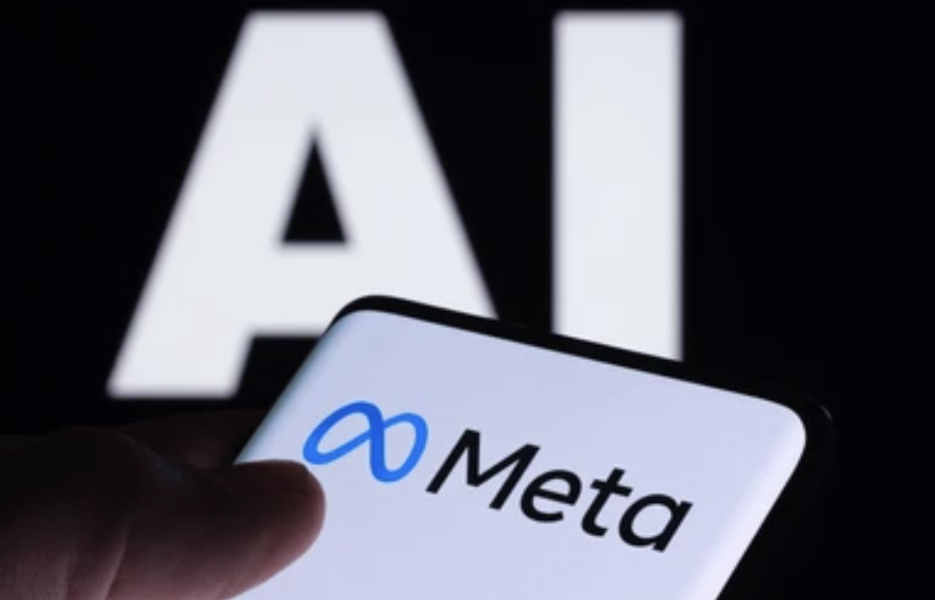What Led to Meta AI’s Expansion Pause?
In the year 2023, Meta AI proposed an ambitious plan to train its large language models (LLMs) using user data from Europe. This initiative aimed to enhance the understanding of European users’ dialects, geography, and cultural references by Meta’s AI systems.
However, this proposal faced a major setback when the Irish Data Protection Commission (DPC) raised significant privacy concerns, compelling Meta to halt its expansion plans in Europe.
Let’s delve into the privacy issues raised by the DPC and how Meta responded to the challenges.
Concerns Raised by the DPC

As the lead regulator in the EU, the DPC initiated an investigation into Meta’s data practices following multiple complaints. The DPC raised concerns about Meta’s compliance with General Data Protection Regulation (GDPR) guidelines and requested the company to refrain from further actions until the investigation was completed.
The DPC’s concerns revolved around issues such as lack of explicit consent, unnecessary data collection, and transparency issues, challenging Meta’s data processing practices.
How Meta Responded
Despite the pause in its expansion, Meta maintained its stance on compliance with regulations. The company cited “legitimate interests” under GDPR to justify its data processing practices and asserted that it had communicated effectively with users regarding data usage.
However, critics argued that Meta’s reliance on “legitimate interests” lacked transparency and explicit user consent, leading to concerns about data privacy.
Meta’s Global Engagement Director reaffirmed the company’s commitment to privacy and regulatory compliance, promising to address the DPC’s concerns and enhance data security measures.
Implications and Consequences
The halt in expansion forced Meta to rethink its strategy and reallocate resources, impacting its operations and creating uncertainty in the tech industry regarding data practices.
Moreover, the repercussions of the pause extend beyond Meta, influencing data privacy regulations and prompting tech companies to prioritize privacy while innovating.
Looking Ahead
The DPC’s decision serves as a catalyst for discussions on data privacy and security, urging tech companies to balance innovation with user privacy. This pause opens doors for emerging tech companies to lead by example and prioritize privacy in their AI initiatives.
Stay informed about the latest AI developments by visiting Unite.ai.
-
Why has Europe’s AI ambition stalled?
Europe’s AI ambition has stalled due to privacy concerns that have triggered a regulatory pause. -
What specific privacy concerns have caused Europe’s AI ambition to stall?
Specific privacy concerns such as the use of personal data and potential misuse of AI technology have caused Europe’s AI ambition to stall. -
How have regulations played a role in Europe’s AI ambition being put on hold?
Regulations surrounding data protection and privacy have been a major factor in the regulatory pause that has stalled Europe’s AI ambition. -
How can Europe address the privacy concerns that have caused its AI ambition to stall?
Europe can address privacy concerns by implementing stricter regulations on the use of personal data and ensuring that AI technology is used responsibly and ethically. - What impact has this regulatory pause had on the development of AI technology in Europe?
The regulatory pause has slowed down the development of AI technology in Europe, as companies and researchers navigate the new privacy regulations and work to address concerns surrounding data protection.



